
- 0
- 3.5K
- 0 likes
Basketball Interview: Steve Pellan – France Overseas Basketball Player
Interview with Coach Steven Pellan
I have had the great opportunity to become friends with people who love the game of basketball like I do and Steve Pellan at Basketball Performance is one of those basketball friends. I asked him a few questions since he has had a unique basketball experience of playing professionally in France and at the college level in the United States. Steve is a French native, so without further do, I will let you get to question #1. Thanks for reading!
1. You played overseas and in the states, what is different in playing on a professional European club versus college basketball in the states?
There were a few differences in the way the game is played and the mindset of the players. When I first arrived in the US, the intensity level shocked me. Everything was done hard; hard cuts, hard screens, hard drives to the basket, strong moves and etc. I wasn’t sure I was going to be able to play at that level. The American players were also a lot more athletic than players I had to play with in France.
In terms of skill set and fundamentals, the U.S. players were behind. Some of my teammates were only able to do things with their strong hands, had poor footwork, and weren’t versatile. Also, I noticed that the U.S. basketball players’ IQ was lower than mine (but that’s because I had practiced with pros before I got to college).
In the U.S., players’ mindset is a lot more fierce and competitive than in Europe. And since the game relies more on one-on-one, players are more free to play with their instinct, whereas in Europe, players stick to very elaborate plays. In Europe I had to know 20 plays (which we all used during the games). In the U.S., we had two main plays that we used.
2. If an American wants to play for a professional club overseas, what is the best advice you would give them?
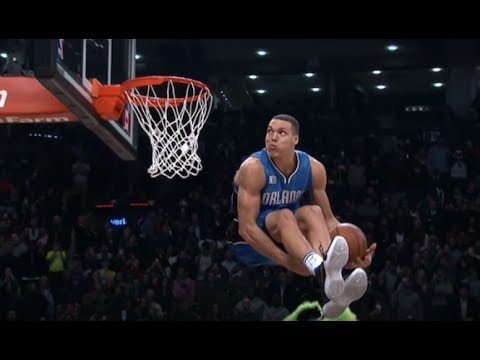
I’d tell him to do whatever it takes to play at the NCAA D1 level. As a baller, I know that it doesn’t really matter in terms of talent, skills, or basketball IQ. However, most people who control the game in Europe (Agents, Coaches, GMs, Team presidents) don’t know much about U.S. basketball. They think that NCAA division system works the same way it works in Europe. So they think a D1 player is better than a D2 player, who’s better than a NAIA player and so forth. When in reality, sometimes it doesn’t matter what level you are playing at in college.
I’ll also tell him to work on his craft like a mad man! Work on your game all the time. He should develop his skills, athleticism, and basketball IQ. He has to be great scorer because that’s what coaches want from U.S. players. A guy who can score and make plays.
He should also document every basketball activity (work out, games…) and put all his videos on Youtube. In my days we had to create VHS tapes and send them! Other than that, the player needs to be comfortable outside of his comfort zone. Start spending time with foreigners, read about the culture, and when you get there, don’t just hang out with Americans.
3. How many hours/days did you practice growing up, after looking back, do you think it was enough?
From age 12 to 16, I practiced a minimum of 2 hours per day. From 16 to 25 I practiced about 4 hours per day. During the off-season, I practiced almost 6 hours per day (cardio, weights, shooting, skills, playing, and more). My first year in the U.S., I did not go back home for the summer because I wanted to gain weight, improve my English, and change my shooting form.
I think I practiced enough. I could not have practiced more or more efficiently, I definitely increase my basketball effectiveness on the court.
4. How does basketball players develop their basketball IQ, how do they become smarter players on the court?
Basketball IQ is the toughest part of the game to learn for many reasons. Many youth coaches are not real coaches, but just teachers and they don’t know the game. Heck many NBA players are not intelligent basketball players. So it’s imperative for a kid to find the right mentor to teach him/her the game.
And even when he/she does find someone, it’s still difficult to learn on an individual basis. You need to play 5-on-5 with smart players and a smart coach to learn how to play well.
5. If you could have changed one thing in your game, what would it be and why?
I would have worked on athleticism a bit more because coaches and fans are tricked by athleticism. They think “if he can jump high, we’ll teach him how to play later”.
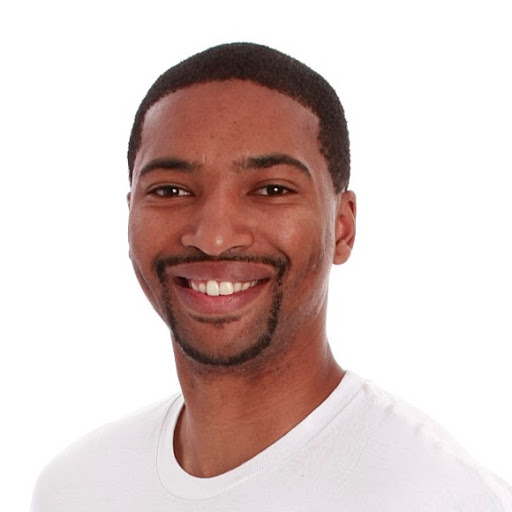
Steve had the great opportunity to play professionally in France and play college basketball in the United States. Players in the U.S. do the opposite and play college basketball here and try to play professionally overseas or in the NBA. So, let’s thank Steve for his experience and perspective about basketball from a different view.
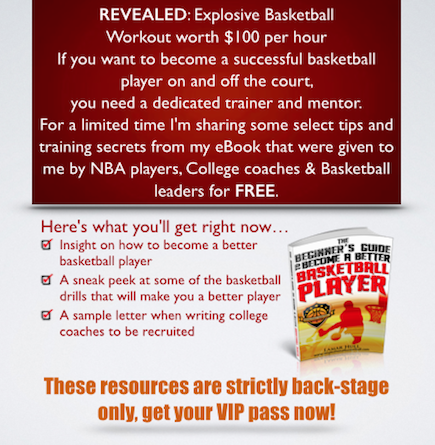




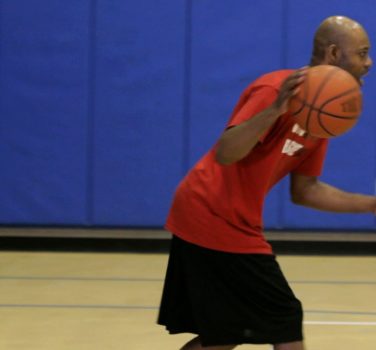
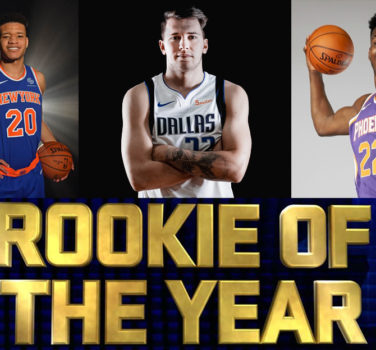
LEAVE A COMMENT